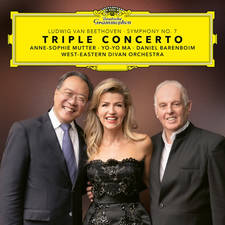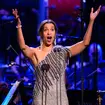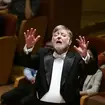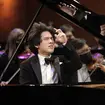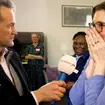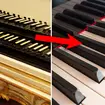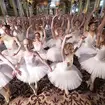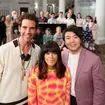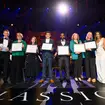Everything You Ever Wanted to Know about Classical Music, Sunday 4 October 2015, 9pm
Catherine Bott finds out how the sky at night has inspired the great composers.
Tonight Catherine Bott explores the music of the spheres, or how celestial bodies and astronomical events have inspired some great works of music.
The show kicks off with the overture to Haydn’s comic opera, Il mondo della luna (‘The world on the moon’) before we hear Haydn's version of the primordial chaos before the dawn of time from The Creation.
There’s music from Gustav Holst, of course, with Jupiter from The Planets, but there’s also altogether gentler fare from Debussy and Elgar - both inspired by the moon.
Mary Howe's Stars is a miniature tone-poem, inspired, the composer says, "by the gradually overwhelming effect of the dome of a starry night—its peace, beauty, and space."
The two-movement wind band Symphony No.53 by Alan Hovhaness, subtitled ‘Star Dawn’, evokes space travel: bells symbolize the stars, flowing melodies a sense of journey, and chorales symbolize mankind.
The show ends with something cosmic by Chariots of Fire composer Vangelis, his music that was used as the theme tune to the classic television science series, Cosmos.
